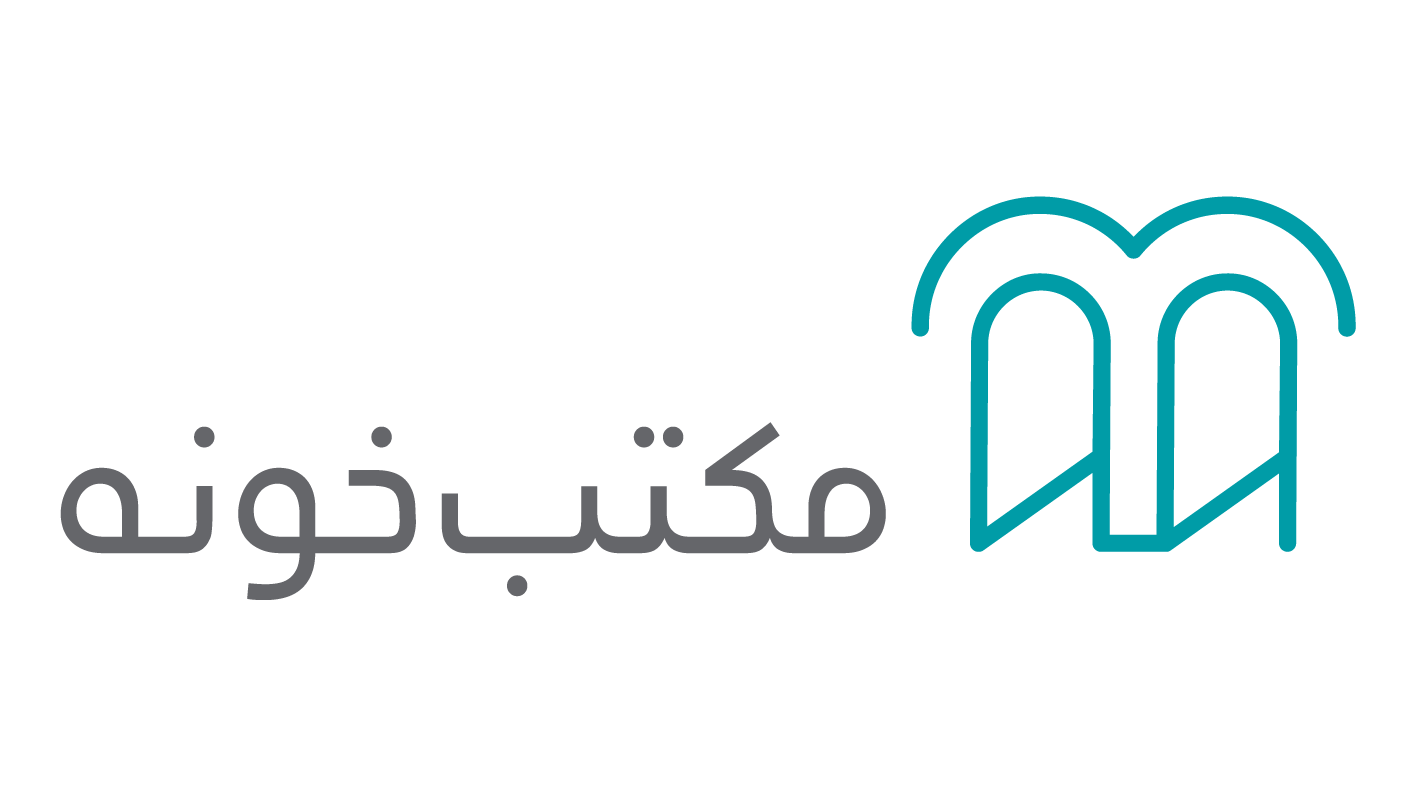Throughout the speaking section of PTE Academic, and indeed in all parts of the test, you will need to recognise and produce a wide range of vocabulary.
Collocations
When learning vocabulary, it is important to pay attention to collocations. Collocations are common combinations of words. These are important as they are the expected way of speaking and make language sound natural.
Types of collocations
adverb + adjective
adjective + noun
noun + noun
noun + verb
verb + noun
verb + proposition
verb + adverb
There are a number of ways that you can improve your understanding of collocations:
When you learn a new word, write down the collocations which this word has.
Pay attention to collocations when you are reading and listening.
Read and listen widely to different types of texts. This will help increase the range of collocations that you are exposed to.
Revise: It can take time and repetition to learn vocabulary so revise regularly.
Metaphors and idioms
Throughout the speaking section of PTE Academic, you may encounter phrases and sentences which are not literal.
Metaphors and idoms are phrases which have non literal meanings. If you translate these into another language, they do not make sense. Let’s look at an example:
The project wasn’t working and therefore we needed to go back to the drawing board.
What do you think “to go back to the drawing board means”?
One way of trying to understand these expressions is to look at the context of the other parts of the sentence. Here, the speaker says that the project was not working and their use of ‘therefore’ shows that what comes next is a consequence of the project not working.
We could guess that to go back to the drawing board means to ‘redo a project’ or ‘start again’ or ‘try to find a solution’. In fact, it means to start again and replan.
You can improve your understanding of metaphors and idioms by reading and listening to authentic texts. This means that you should focus on some texts which were created for native speakers rather than English learners.
Below is the Common idiomatic expressions handout. Download it and use it to complete an activity in the following steps.
Phrasal verbs
Phrasal verbs are verbs which are made up of a verb and an adverb and/or preposition. They are two or more words long and do not have a literal meaning. The same verb can be used in different phrasal verbs with different meanings.
Look at the following phrasal verbs which all include the word look. Do you know what they mean?
look down on look back look up to
Look down on is when someone thinks that they are better than another person.
Look back means to consider events that happened in the past.
Look up to means to admire someone.
Developing an understanding of phrasal verbs can help in PTE Academic as they are commonly found in the Re-tell Lecture items.
Download the Common phrasal verbs handout below and use it to complete an activity in the following steps.
Register
Register refers to the formality of language used in a certain situation. Knowing the correct register can help you choose suitable vocabulary in the speaking section of PTE Academic.
PTE Academic is relatively formal so you should try not to use a large amount of slang or colloquial language. You should also avoid swear words. To know if a word is ok, ask yourself if you would feel comfortable using the word in front of your English teacher. If you would, then the word is probably ok to use in the test.
Much of the content in the speaking section of PTE Academic is on academic topics and will require you to understand academic vocabulary and use it in your responses.
IDIOMATIC EXPRESSION
PHRASAL VERBS
